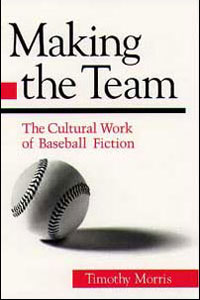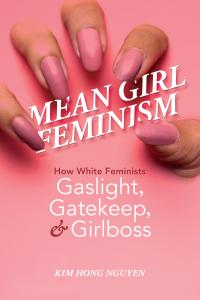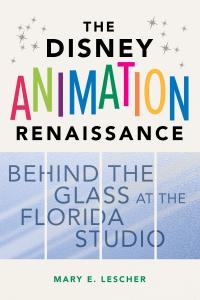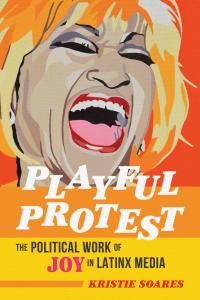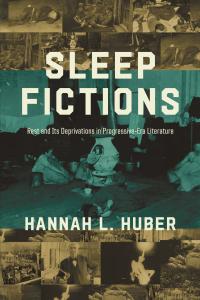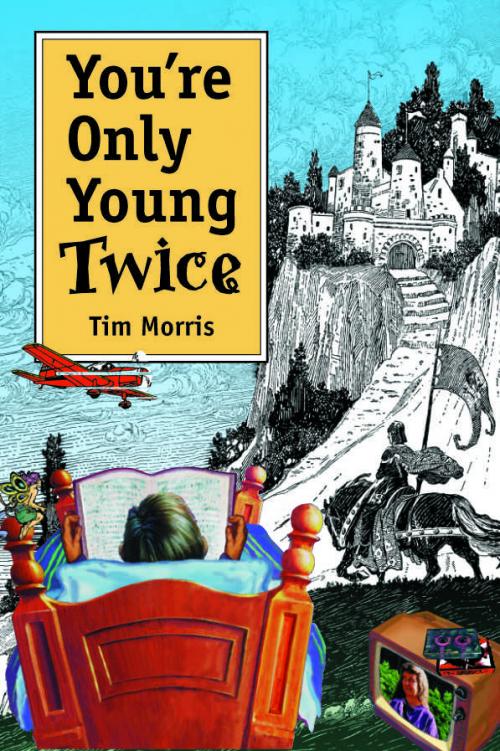
You're Only Young Twice
About the Book
Original and thought-provoking, You're Only Young Twice reveals the complexities that underlie even the sparest picture book text and the lessons that reside in even the most familiar family movie plots.Moving from classic texts (The Secret Garden, Goodnight Moon) to ephemera (the Hardy Boys, Goosebumps, and Harry Potter series), from the printed page to the silver screen (Willie Wonka, Jumanji, 101 Dalmatians, Beethoven), Tim Morris employs his experience as a parent and teacher to interrogate children's culture and reveal its conflicting messages.
Books and films for children--favorites accepted as wholesome fare for impressionable young minds --do not always teach straightforward lessons. Instead, they reflect the anxieties of the times and the desires of adults. At the heart of many a children's classic lies power, often expressed through racism, sexism, or violence. Under Morris's gaze, revered animal stories like Black Beauty turn into litanies of abuse; fantasies of childhood like Big are revealed as patriarchal struggles.
You're Only Young Twice redirects the focus on children's literature, asking not "What messages should children receive?" but "What messages do adults actually send?" For example, Morris recounts his own childhood confusion upon viewing Peter Pan, with its queenish, inept pirate and a grown woman (Mary Martin) in tights who pretends to be a crowing boy.Morris shatters our long-held assumptions and challenges our best intentions, demonstrating how children's literature and films lay bare a troubled and troubling worldview.
Reviews
"[Morris] offers a series of pleasant, readable accounts of his encounters with such classics as Black Beauty, The Secret Garden, Jumanji and Peter Pan. Grounding his analyses in trips to the video store and reading aloud to his son, Morris makes the question of whether Dr. Seuss's 'oobleck' is really Lacan's objet petit a lot less scary than it sounds." -- Publisher's Weekly"Informed and entertaining." -- Lucy Rollin, South Carolina Review
